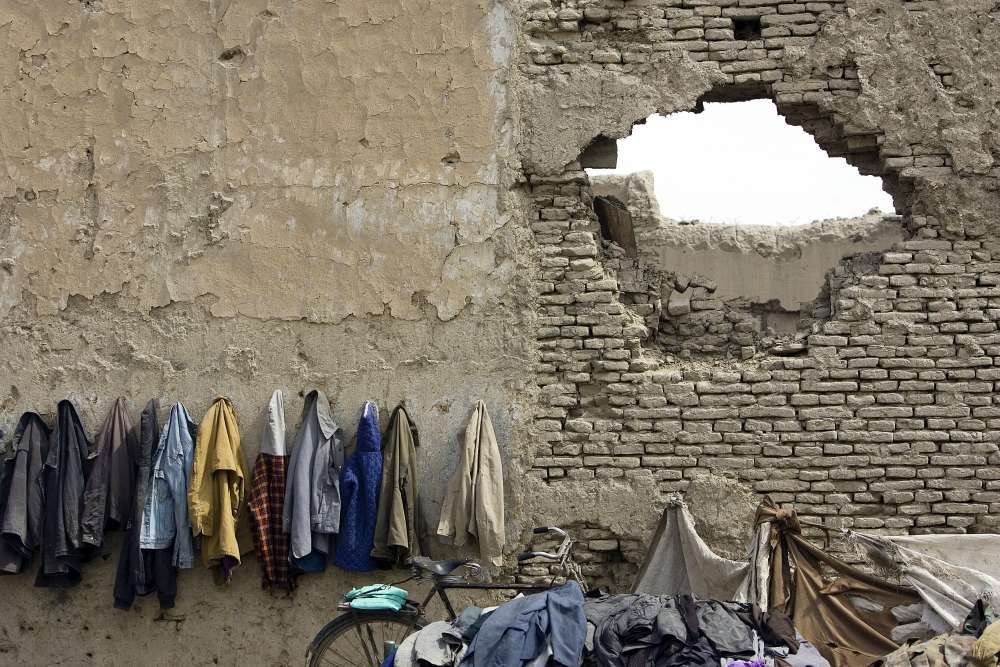Protection and Responsibility: An Analysis of US Foreign Policy to Prevent Mass Atrocities
In August 2011, President Obama declared that the prevention of genocide and mass atrocities was “a core national security interest and a core moral responsibility of the United States.” His administration claims to be devoting far greater attention to this issue than its predecessors, notably by establishing an Atrocities Prevention Board at the White House, which began meeting in April 2012. In contrast to other priorities of the Obama administration, this agenda has only received scant attention in Germany so far – even though the debate about implementing the responsibility to protect has grown louder as well as more specific, as several German political parties and the federal government have begun to develop formal positions on the responsibility to protect. At least one party, the Greens, went as far as to demand the establishment of a new German inter-agency mechanism comparable to the Atrocities Prevention Board.
This study, commissioned by the Heinrich Böll Foundation and published in German, aims to inform German policymakers on the efforts on mass atrocity prevention undertaken by the first Obama Administration.
In its first part, the study provides an analysis of White House efforts in 2009 – 2012 to improve the administration’s ability to prevent mass atrocities. It examines how the prevention of mass atrocities became a key topic in the Obama administration and recounts the institutional reforms that were led by the White House. Next to establishing the interagency Atrocities Prevention Board, the administration’s reforms included the integration of mass atrocity prevention as a specific goal into its strategic documents, the inclusion of risk factors for atrocities into the regular reporting of US intelligence services, specific training for US diplomatic staff and the development of new sanctions. The authors conclude that the Obama administration invested considerable time and effort into improving the administration’s capacities to prevention mass atrocities. It is too early to know, however, whether the implemented changes will persist beyond the second Obama administration.
A second part of the study examines to what extent the rhetoric and institutional innovations in Washington were relevant for specific situations of looming or ongoing mass atrocities. Examples from Sri Lanka, Sudan, Kenya, Kyrgyzstan, DR Congo, Libya, Syria and the efforts against the Lord’s Resistance Army result in a mixed picture. For all these cases, the authors found evidence of priority attention on the part of President Obama. In all of these cases the president himself was involved in person or on the phone. From diplomatic pressure on Kenyan leaders to military intervention in Libya, US policymakers in all cases pursued a range of measures to address potential or ongoing atrocities. Despite these efforts, as the analysis of the administration’s policies towards Sudan and DRC illustrate, only a few cases demonstrate a step change in comparison to previous US governments.
Nonetheless, the authors conclude that US expectations of German contributions to mass atrocity prevention are likely to increase. While military interventions such as in Libya will remain the exception, Germany will increasingly be faced with the question as to how it is contributing to the prevention of atrocities – from more effective sanctions to a larger contribution to UN peace operations. Beyond alliance politics, German policymakers who demand the implementation of the responsibility to protect can learn from the US experience.
Drawing on their analysis of the US efforts so far, the authors provide recommendations for the German government, the Bundestag and civil society on how to improve German, European and multilateral capacity to prevent genocide and other mass atrocities. The authors highlight the fact that the US efforts were built on a broad coalition of civil society organizations and congressional support across the political spectrum. Any reforms and institutional changes in Germany will have to be accompanied by an increased public debate on the country’s role in preventing mass atrocities. Among other measures, the authors recommend the inclusion of the prevention of the worst human rights violations in the next coalition agreement of the German government, because the most critical ingredient for increased efforts on this agenda is political leadership on the highest level. Further suggested measures include the mainstreaming of mass atrocity prevention efforts across the government and an assessment of existing instruments and processes in Germany.
…
Download the full study (in German)
Download the summary and recommendations (in German)
View the German version of this page







